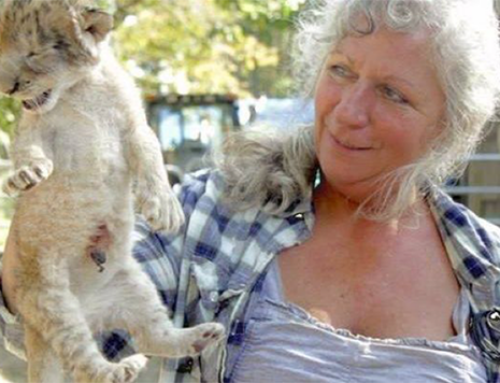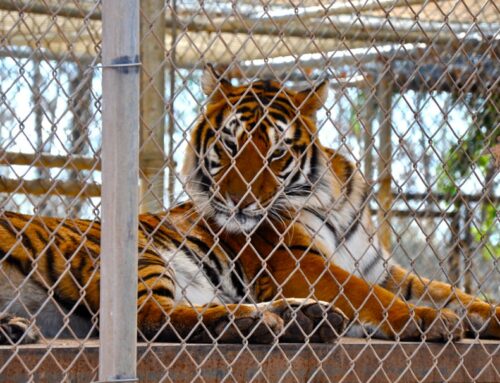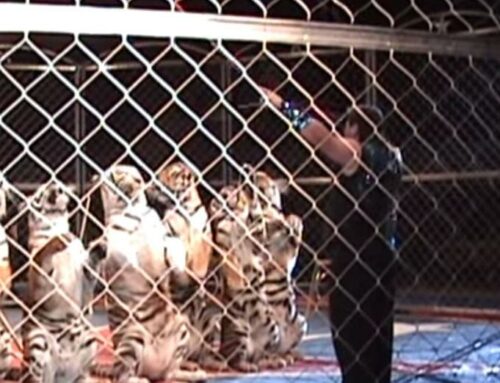Marwan Alhammadi’s 15-minute film “Cats” begins with an Emirati taking out a cage with a lion cub from his car at his sprawling villa. The owner explains that his family was initially shocked but later accepted their pet.
“I consider him my son,” the man adds in the film screened at the Fifth Gulf Film Festival that ended here this week.
Another lion cub in the documentary is named Simba, inspired by the movie “Lion King”.
“He is six months old, he is very happy and has a good relationship with the owner,” Marwan, a third year student of applied communications at the Dubai Men’s College, told IANS in an interview.
Yet another Emirati is the proud owner of a two-year-old cheetah, which he has fondly named Lolo. The beautiful spotted feline sits with him on the sofa as he speaks about his love for the animal.
He proudly says in Arabic on camera: “She is with me everywhere – at home, with friends, in the car and sometimes even in bed.” No wonder many of these exotic animals have been spotted in public places, shocking UAE residents.

Pet lion at an Emirati villa
In February, pedestrians on Dubai’s busy Jumeirah Beach Walk saw a tiger peeping out of a four-wheel drive window.
The very next month, a woman was shocked when a lion’s head popped out of a car window, while an escaped cheetah and two baboons were spotted on the streets of Al Ain, an oasis city part of the emirate of Abu Dhabi. All these incidents were reported in the local media.
The UAE is a signatory to the Convention on International Trade in Endangered Species (CITES), which makes it illegal for anyone to own or trade in endangered species such as the cheetah. However, implementation of the law is a grey area in the UAE.
“There are people who think it is fashionable to keep wild animals as pets,” says Marwan.
His film focuses only on a few wild cats and their owners but Marwan says there are many more. Gaining access to these villas was a problem as many owners refused to be filmed.
“But those who allowed wanted to spread awareness, for people who adopt such animals, on how to treat them well,” he says.
The loving care showered on the wild pets was more than evident in the film. Scenes included owners feeding the cats fresh boneless chicken and pampering them with special bubble baths.
However, not everyone treats their animals well. Marwan’s film shows how their claws and teeth are often clipped through a painful procedure.
He emphasises: “I am against animals being kept in homes even if they are well looked after. They should be in open parks. I chose the subject out of curiosity. There are two sides to look at – One is the temptation to keep these wild animals and the second is the responsibility that comes with it.”
So what happens to them when they are fully grown? Don’t they pose a danger to the family?
“Yes, there was an incident where a lion jumped at the owner. They are adopted when they are about 6-9 months and when they are fully grown, they are either given to the zoo or put down,” Marwan said.
The young filmmaker says he is lucky to have got a platform like the Gulf Film Festival to showcase his film.
“The festival gives students like me confidence to do more,” says Marwan, who wants to make more films about his city and his society.
http://www.mid-day.com/news/2012/apr/200412-Wild-cats-as-trophy-pets-in-UAE.htm






Leave A Comment
You must be logged in to post a comment.